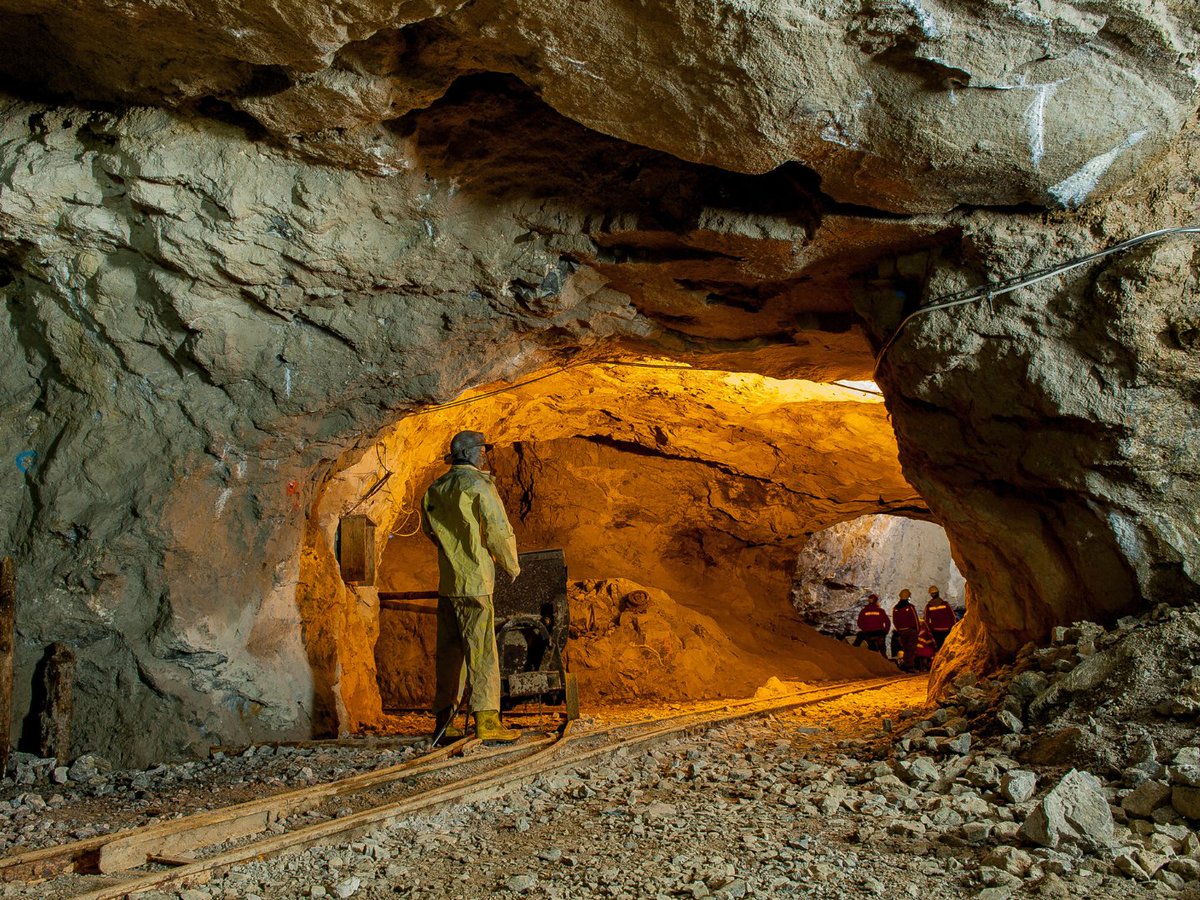
Members of the jewelry industry are confident that US sanctions on Burmese gems will punish leaders of the Asian country’s military coup without damaging the trade.
The Myanmar army seized control of the country on February 1. On February 11, US President Joe Biden’s administration banned US companies from transacting with three entities that, it claimed, were associated with the perpetrators of the takeover: Myanmar Ruby Enterprise, Myanmar Imperial Jade Co., and Cancri (Gems and Jewellery) Co.
Crucially, the US did not blacklist all gemstones coming out of Myanmar (also known as Burma) — the most important of which are rubies and jade. This contrasts with the old sanctions regime, the Tom Lantos Block Burmese JADE (Junta’s Anti-Democratic Efforts) Act, which lasted from 2008 until 2016 but attracted criticism for harming the wrong people.
“[Those] sanctions really didn’t affect the generals at all, but they definitely affected the traders, the small business people,” said Jeffrey Bilgore, a gemstone dealer and former president of the American Gem Trade Association (AGTA). He expressed hope that the targeted nature of the new actions would have more effect.
“These sanctions are intended, first, to hurt the military leaders and to restrict their activity, and to prevent US businesses from doing business with them,” added Sara Yood, senior counsel at the Jewelers Vigilance Committee (JVC).
The State Department has told the JVC that it had no interest in a blanket ban on gemstone imports from Myanmar, “because they know that it hurts the small artisanal miners, which just hurts the actual people of Myanmar,” Yood revealed.
The JVC, like other trade groups, has published guidance for industry members, urging them to check the origin of their gems and cease doing business with any of the banned companies.
US companies should ask suppliers for written assurances that the colored gemstones they are buying from them do not originate from any of the sanctioned entities, Jewelers of America (JA) instructed. But the restrictions shouldn’t heavily impact the supply chain, said JA CEO David Bonaparte.
“I don’t think you’re going to see the dealers saying [they] can’t get ruby anymore from Myanmar,” Bonaparte pointed out. “Other legitimate companies are still able to do business, and there are legitimate companies that are not sanctioned.”
Still, there is some confusion over how much of the Myanmar gem industry is under the control of those three companies.
“I’m hearing [from the State Department] that [these businesses are] pretty significant,” Yood said. “From American gem dealers, I’m hearing that they’ve never heard of these companies. That doesn’t necessarily mean that they’re not significant. It may just be that by the time it gets to the US, it’s gone through 12 different hands.”
The vast majority of Myanmar’s jade goes to China, where the gem is highly popular. The more significant product for the US market is ruby.
Some rubies, especially lower-value ones, go through long and complex supply chains. This could lead to a greater bureaucratic burden for buyers and dealers.
“I would expect that if you are maybe not a US business, but you’re an intermediary type of gemstone dealer located outside the US, you can expect that your US customers are going to be asking for documentation that these gemstones have not come from one of these three companies,” said Yood at the JVC.
Source: DCLA


No comments:
Post a Comment